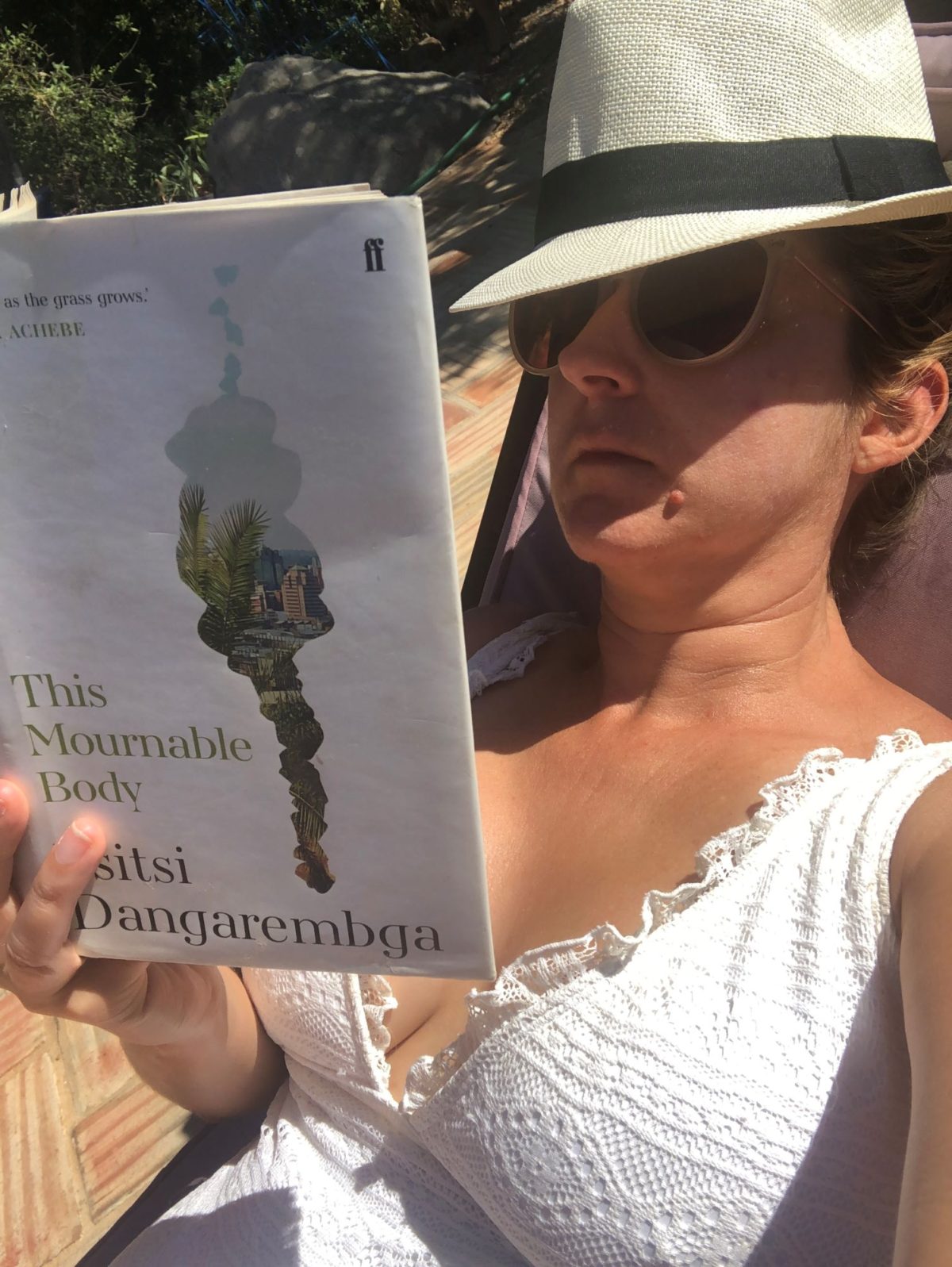Camus has clearly never heard the advice that you ought to begin a speech with a joke. In this collection of three short speeches he dives right in with the super serious thoughts on the big topics: art, politics, relationship between art and politics. As always, when reading from this period I am surprised, and almost ashamed, by the sincerity with which people speak. We seem to be many miles away from feeling we can speak with authority today on any subject.
He has a lot to say about Soviet realism, and how impossible ‘realism’ really is:
But under what conditions is such a (realistic) film possible? Under purely imaginary conditions. We should have to presuppose, in fact, an idea camera focused on the man day and night and constantly registering his every move. . . (and such a film) could be seen only by an audience of people willing to waste their lives in watching someone else’s life in great detail.
Best he not know about BIG BROTHER and SUN, SEX AND SUSPICIOUS PARENTS. He has a lot to say about the responsibility of the artist in the post-WWII world:
An Oriental wise man always used to ask the divinity in his prayers to be so kind as to spare him from living in an interesting era. As we are not wise, the divinity has not spared us and we are living in an interesting era.
I love this. I don’t especially admire Lord of the Rings, but I often used to think of this bit when I was feeling depressed about the Zimbabwean situation:
“I wish it need not have happened in my time,” said Frodo.
“So do I,” said Gandalf, “and so do all who live to see such times. But that is not for them to decide. All we have to decide is what to do with the time that is given us.”
Last point, I was interested to learn in writing this blog that in fact Camus was not French but Algerian. I mean he held the former passport, but he was born in and spent the majority of his life in Algiers. Interesting that I’ve only ever heard him described as French. Also, he was the second youngest person ever to win the Nobel, at 44, and was dead at 46 in car accident. A sentence the first part of which makes me feel rather disappointed in my life, the second part of which makes me feel very grateful. Rollercoaster.


